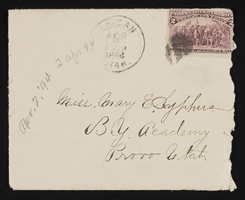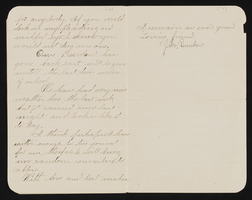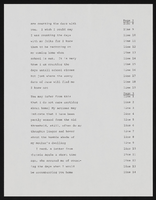Search the Special Collections and Archives Portal
Search Results

man000825-005
Text

man000825-006
Text

man000825-007-003
Text

man000829-001
Text

man000829-002
Text

man000829-003
Text

man000829-004
Text

man000829-005
Text

man000829-006
Text

man000829-007-002
Text
Pagination
Refine my results
Content Type
Creator or Contributor
Subject
Archival Collection
Digital Project
Resource Type
Year
Material Type
Place
Language
Records Classification
